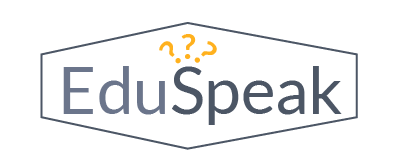Deficit Mindset
Kate Shanahan
What is deficit mindset in education?
In education, a deficit mindset is when teachers or school leaders focus on problems rather than potential.
It’s when we say “can’t” instead of “not yet.” It leads us to ask “what’s wrong?” with a student, class, or school rather than asking “what can I do to build on existing strengths?”
Deficit thinking limits student outcomes.
Deficit thinking causes educators to lower their expectations based on what their students and schools lack, which leads to lower outcomes. For example, a teacher might assign easier work to a student who’s behind and excuse them from grade-level instruction rather than taking strategic action to accelerate their learning.
In contrast, asset-based thinking asks “what’s right?” The asset-based mindset (also known as growth mindset) assumes all students have potential, and seeks to understand their strengths. Focusing on strengths allows teachers to provide powerful instruction that enables students to progress as fast as possible. It leads to higher motivation and better outcomes for all students.
Deficit thinking is an equity issue.
Students of color, students experiencing poverty, and students with learning and attention differences are disproportionately harmed when educators adopt a deficit mindset. A school leader might think, “Our school can’t achieve high test scores because we aren’t well funded”; or a teacher might think, “Kids who don’t speak English at home can’t handle complex texts.” This deficit thinking blames already marginalized students for the fact that the system fails them, further perpetuating inequities.
Start using asset-based thinking in math with these resources!

